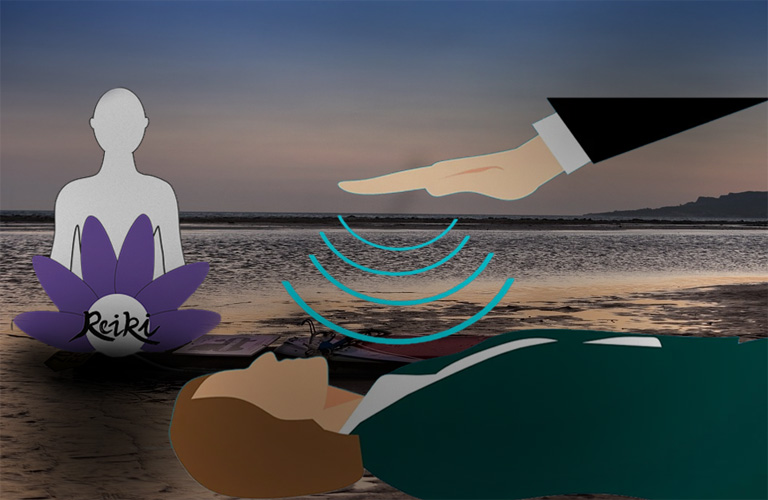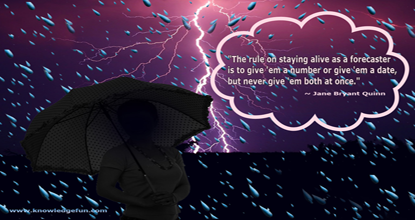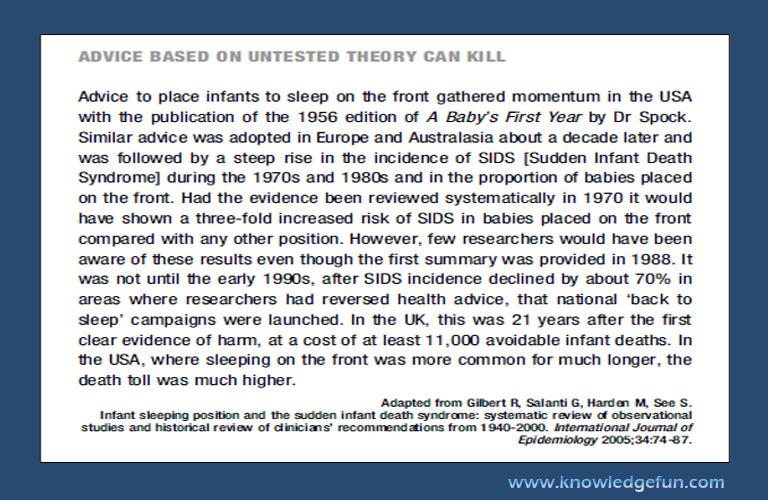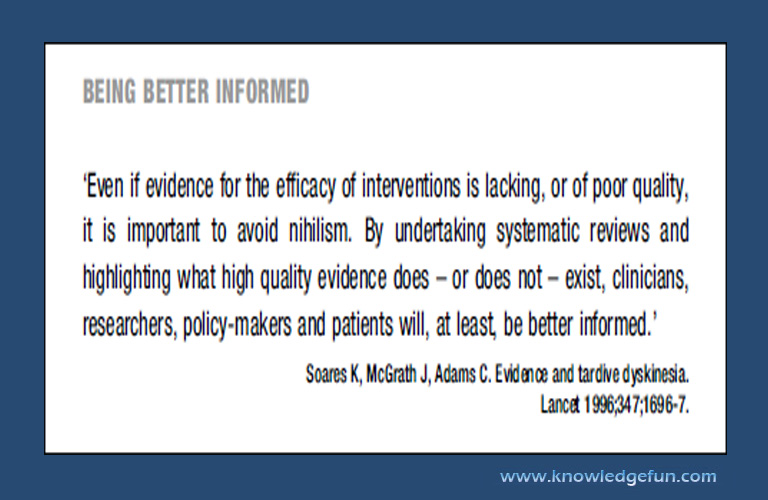Reiki
Reiki is a complementary health approach with a healing technique in which practitioners place their hands lightly on or just above a person, with the goal of directing energy to help facilitate the person's own healing response and restore physical and emotional well-being. It's based on an Eastern belief in an energy that supports the body's innate or natural healing abilities.
Reiki is one form of therapeutic touch; it is intended to correct disturbances in the flow of life energy ki and enhance the body's healing powers through the use of specific hand positions on the patient. Ki is the Japanese form of the Chinese life energy qi.
It is based on the principle that the therapist can attempt to align and stimulate biomagnetic energy flowing through the body, by means of touch, to activate the natural healing processes of the patient's body and lessen stress.
Note: Everyone experiences stress from time to time but some people may cope with stress more effectively and recover from stressful events more quickly than others. Stress can affect your health. It is important to pay attention to how you deal with minor and major stressors, so you know when to seek help.
Browse Related Info:
- Mind and Body Interventions or Practices
- Yoga
- Meditation
- How Meditation May Work
- Acupuncture
- Relaxation Techniques
- Chiropractic Manipulation
- Osteopathic Manipulation
- Tai Chi
- Qi Gong
- CAM Natural Products
- Herbal Remedies
- Wellness and Well-Being
- Health Pages
- Testing Treatments

Did You Know?
The amount of research on mind and body approaches varies widely depending on the practice. For example, researchers have done many studies on acupuncture, yoga, spinal manipulation, and meditation, but there have been fewer studies on some other practices.
Many studies have shown that support groups, frienships, strong family relationships, and prayer can all have a positive impact on health.
Many countries (states or provinces) have regulatory agencies or licensing boards for certain types of practitioners. They may be able to provide you with information regarding practitioners in your area.
Belief can have both psychological and physical effects.
Meditation
The term meditation refers to a group of techniques, most of which started in Eastern religious or spiritual traditions. These techniques have been used by many different cultures throughout the world for thousands of years. Today, many people use meditation outside of its traditional religious or cultural settings, for health and wellness purposes.
In meditation, a person learns to focus his attention and suspend the stream of thoughts that normally occupy the mind. This practice is believed to result in a state of greater physical relaxation, mental calmness, and psychological balance. Practicing meditation can change how a person relates to the flow of emotions and thoughts in the mind.
Meditation is practiced both on its own and as a component of some other therapies, such as yoga, tai chi, and qi gong.







